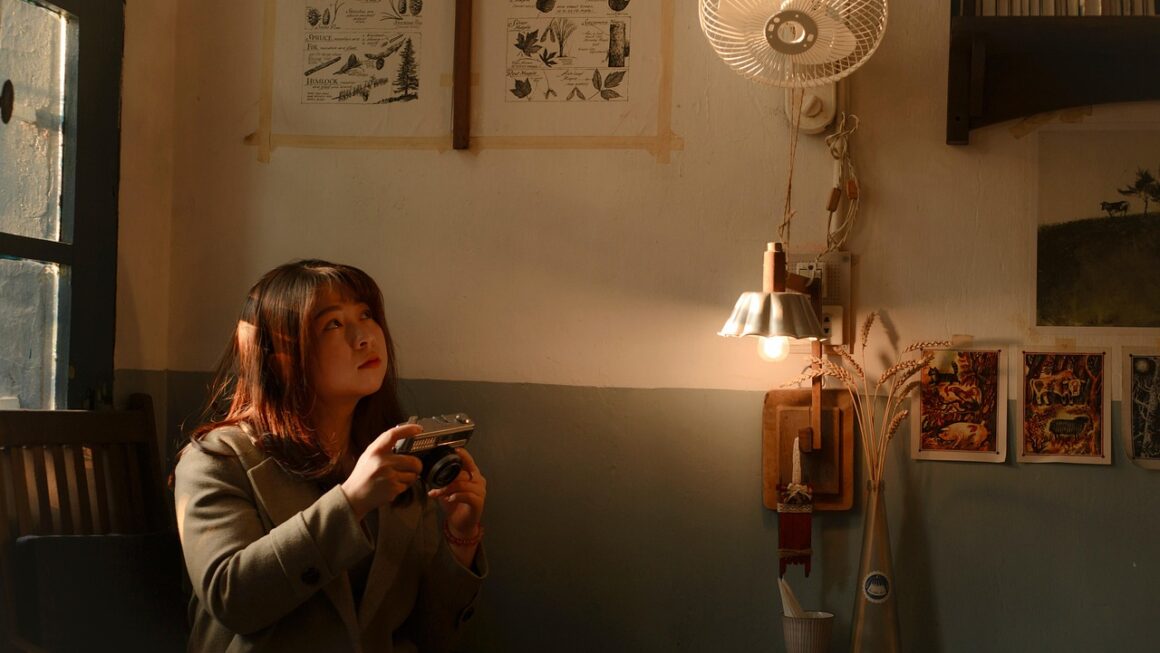The best friend bond – it’s a connection unlike any other. It’s a shoulder to cry on, a partner in crime, and a lifelong cheerleader all rolled into one. But what makes this unique relationship so special, and how can we nurture it to thrive through life’s ups and downs? Let’s delve into the heart of the best friend bond and explore what makes it so invaluable.
The Pillars of a Strong Best Friend Bond
Shared Values and Beliefs
- Why It Matters: At the core of any lasting friendship are shared values and beliefs. These fundamental principles act as a compass, guiding your decisions and shaping your worldview. When your best friend aligns with your core values, it fosters a sense of understanding and acceptance.
- Practical Example: Consider a situation where you’re both passionate about environmental conservation. This shared value might lead to volunteering together at a local cleanup, discussing ethical consumption habits, or simply understanding each other’s commitment to reducing waste.
Mutual Respect and Acceptance
- Unconditional Positive Regard: A true best friend accepts you for who you are – flaws and all. This doesn’t mean they condone negative behavior, but rather they appreciate your individuality without judgment.
- Respecting Boundaries: Mutual respect also involves understanding and respecting each other’s boundaries. Whether it’s respecting their need for alone time or their differing opinions, respecting boundaries is crucial for maintaining a healthy relationship.
- Actionable Takeaway: Consciously make an effort to understand and appreciate your best friend’s unique quirks and perspectives. Avoid trying to change them and focus on celebrating their individuality.
Communication: The Lifeblood of Friendship
Open and Honest Dialogue
- Vulnerability is Key: Being able to openly and honestly communicate your thoughts and feelings is essential for a strong bond. Vulnerability fosters trust and allows for deeper connection.
- Active Listening: Active listening involves paying attention, being present in the moment, and seeking to understand your best friend’s perspective. It’s about more than just hearing their words; it’s about truly understanding their message.
- Example: Instead of interrupting when your best friend is sharing a difficult situation, practice active listening by maintaining eye contact, nodding to show you understand, and asking clarifying questions.
Conflict Resolution
- Healthy Disagreements: Disagreements are inevitable in any relationship, including friendships. The key is to approach conflict constructively.
- Finding Common Ground: Instead of focusing on winning the argument, strive to understand your best friend’s point of view and find common ground.
- Takeaway: Develop healthy conflict resolution strategies, such as using “I” statements, focusing on the issue at hand, and being willing to compromise.
The Power of Shared Experiences
Creating Lasting Memories
- Bonding Through Activities: Sharing experiences, whether big or small, creates lasting memories that strengthen your bond. These memories serve as a reminder of your shared history and unique connection.
- Simple Pleasures: These experiences don’t have to be extravagant. They can be as simple as going for a walk together, trying a new restaurant, or having a movie night.
- Practical Example: Plan a weekend getaway with your best friend, filled with activities you both enjoy. Alternatively, create a “memory jar” filled with ideas for activities to do together when you have free time.
Supporting Each Other Through Challenges
- Navigating Life’s Ups and Downs: True friendship is about supporting each other through both the good times and the bad. Being there for your best friend during difficult times strengthens your bond and creates a sense of unwavering support.
- Offering a Helping Hand: Whether it’s offering a listening ear, providing practical assistance, or simply being a comforting presence, your support can make a world of difference.
- Actionable Takeaway: Make a conscious effort to be there for your best friend during challenging times. Offer your support without judgment and let them know you care.
Nurturing Your Best Friend Bond Over Time
Maintaining Regular Contact
- Staying Connected: As life gets busier, it’s easy to let friendships drift apart. However, making an effort to stay connected is crucial for maintaining a strong bond.
- Simple Gestures: This doesn’t necessarily mean frequent lengthy conversations. Even simple gestures, such as sending a quick text, tagging them in a funny meme, or scheduling a monthly coffee date, can make a difference.
- Data Point: According to a study by Pew Research Center, regular communication is a key factor in maintaining strong friendships over time.
Celebrating Milestones
- Recognizing Achievements: Celebrating each other’s milestones, both big and small, is a way to show your support and appreciation. This could involve attending their graduation, celebrating a new job, or simply acknowledging their personal achievements.
- Showing Appreciation: Taking the time to celebrate their successes shows that you value their accomplishments and are genuinely happy for them.
- Takeaway: Make a conscious effort to celebrate your best friend’s milestones. Send a card, plan a special dinner, or simply offer words of encouragement and congratulations.
Conclusion
The best friend bond is a precious gift, enriching our lives in countless ways. By nurturing the pillars of shared values, open communication, shared experiences, and consistent effort, we can cultivate a deep and lasting connection that withstands the test of time. Invest in your best friend bond, and you’ll reap the rewards of a supportive, loving, and irreplaceable relationship.




